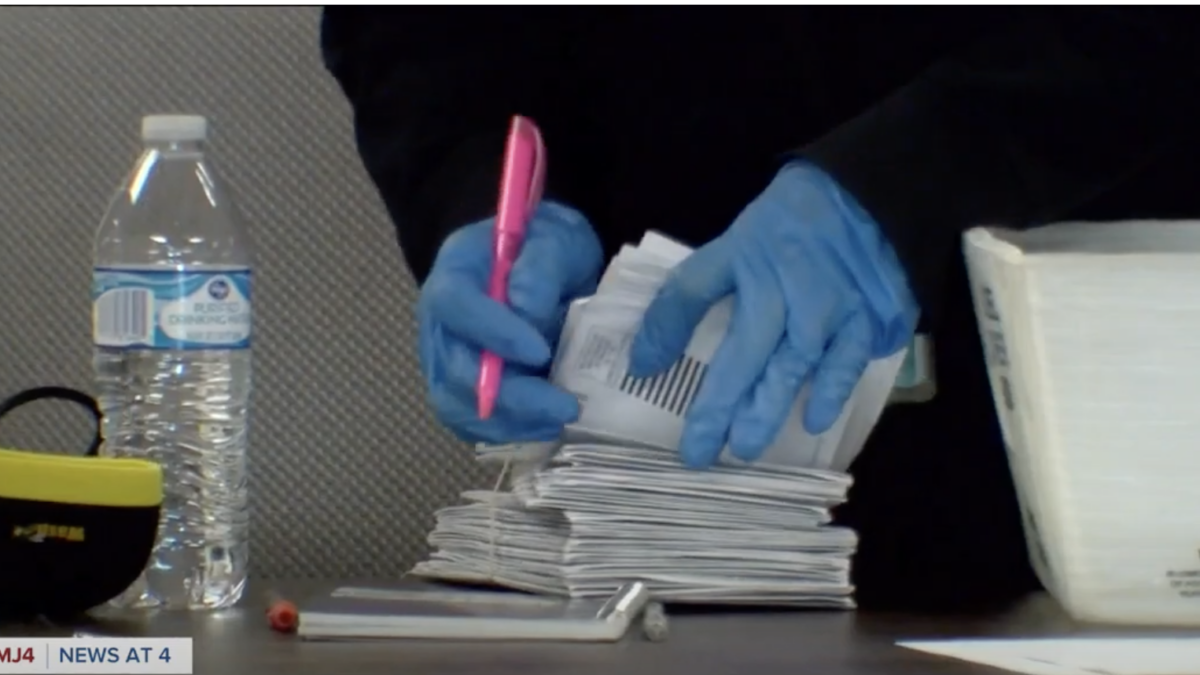The RESTRICT Act, heralded as the long-awaited “TikTok ban,” is an ineffective piece of legislation that fails to adequately protect Americans while drastically expanding government power and eroding digital freedom. An alternative is needed.
The bipartisan legislation backed by the Biden administration mentions neither TikTok nor its parent company, ByteDance, but does make clear that the federal government can disrupt “undue or unacceptable risk[s]” posed by technology “transactions” in which foreign adversaries (notably Red China, Cuba, Iran, North Korea, and Venezuela) have an interest. Essentially, if any digital infrastructure used by unfriendly governments — or companies in service of these governments — poses an “undue or unacceptable risk,” the executive branch may “take such action as the President considers appropriate to compel divestment of, or otherwise mitigate the risk associated with [the entity].”
ByteDance is integrated with the Chinese Communist Party (CCP) — there is no way around this fact. Key executives of the company are enthusiastic supporters of President Xi Jinping. Taking this into account, along with the well-documented national security risks posed by TikTok and its ability to strip-mine user data, it’s reasonable to conclude the RESTRICT Act would, well, restrict TikTok. But if it were to do so, it would do it slowly.
As it currently stands, the RESTRICT Act might result in action against TikTok but only after a drawn-out bureaucratic process in which unelected officials decide it could harm the U.S., six months after which a decision might be made to prohibit it, and the president might direct the attorney general to take legal action against it.
Yet somehow, the situation is still more complicated than that.
The RESTRICT Act is explicitly meant to “prohibit certain transactions between persons in the United States and foreign adversaries.” Legislation targeting digital interactions in an increasingly digital world will inherently be wrought with complications, and given the broad language contained within the bill, one can’t help but be skeptical — rightly so.
After all, unelected officials — the secretary of commerce and director of national intelligence — will be determining what makes someone a “foreign adversary.” At the same time, the transactions being scrutinized are broadly defined as “any acquisition, importation, transfer, installation, dealing in, or use of any information and communications technology product or service, including ongoing activities such as managed services, data transmission, software updates, repairs, or the provision of data hosting services.” Should an individual be involved in one of these poorly defined transactions, the unelected officials can enforce “any mitigation measure to address any risk arising from any covered transaction by any person, or with respect to any property, subject to the jurisdiction of the United States.”
The RESTRICT Act could potentially do more to punish U.S. citizens for “misgendering” Rachel Levine than TikTok for imperiling our national security, which is why we need an alternative. An explicit TikTok ban is needed to prevent the company from further degrading American hearts and minds and to end the CCP’s rapacious data harvesting.
In January, Sen. Josh Hawley of Missouri introduced a bill that would explicitly ban TikTok from being downloaded on U.S. devices and commercial activity being conducted with ByteDance or any of its potential successor companies. It would direct the president to use the International Emergency Economic Powers Act (IEEPA) to accomplish this and require the intelligence apparatus to report to Congress, keeping them abreast of Red China’s use of digital infrastructure to meddle in American affairs.
Similarly, in February, Marco Rubio, the senior senator from Florida, introduced legislation that would authorize the president to ban TikTok under the IEEPA with special exceptions for purposes of gathering intelligence. Whereas Hawley’s bill focuses specifically and solely on TikTok, Rubio’s, which still explicitly mentions TikTok, casts a broader net focusing on commercial entities subservient to and emissaries of adversary nations.
Each of these senators’ proposals is more effective at banning TikTok than the RESTRICT Act in its current interaction, and neither features the same loathsome heap of ambiguous language that could result in the further weaponization of the federal government against the American people.
Banning TikTok is of utmost importance. It is an issue of national security and cultural solvency. Hawley and Rubio’s attacks on Red China’s cronies are surgical in precision and ought to be embraced.









